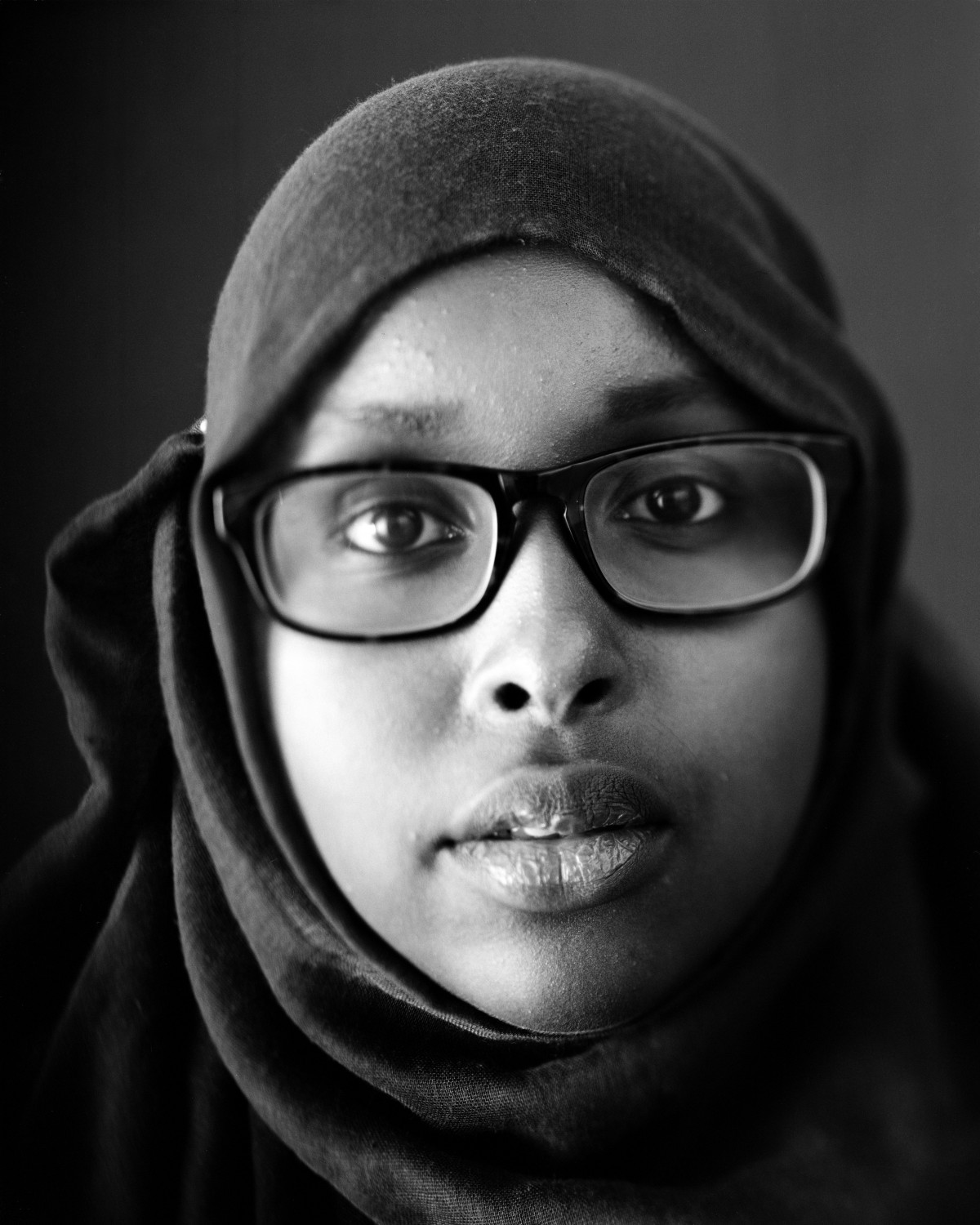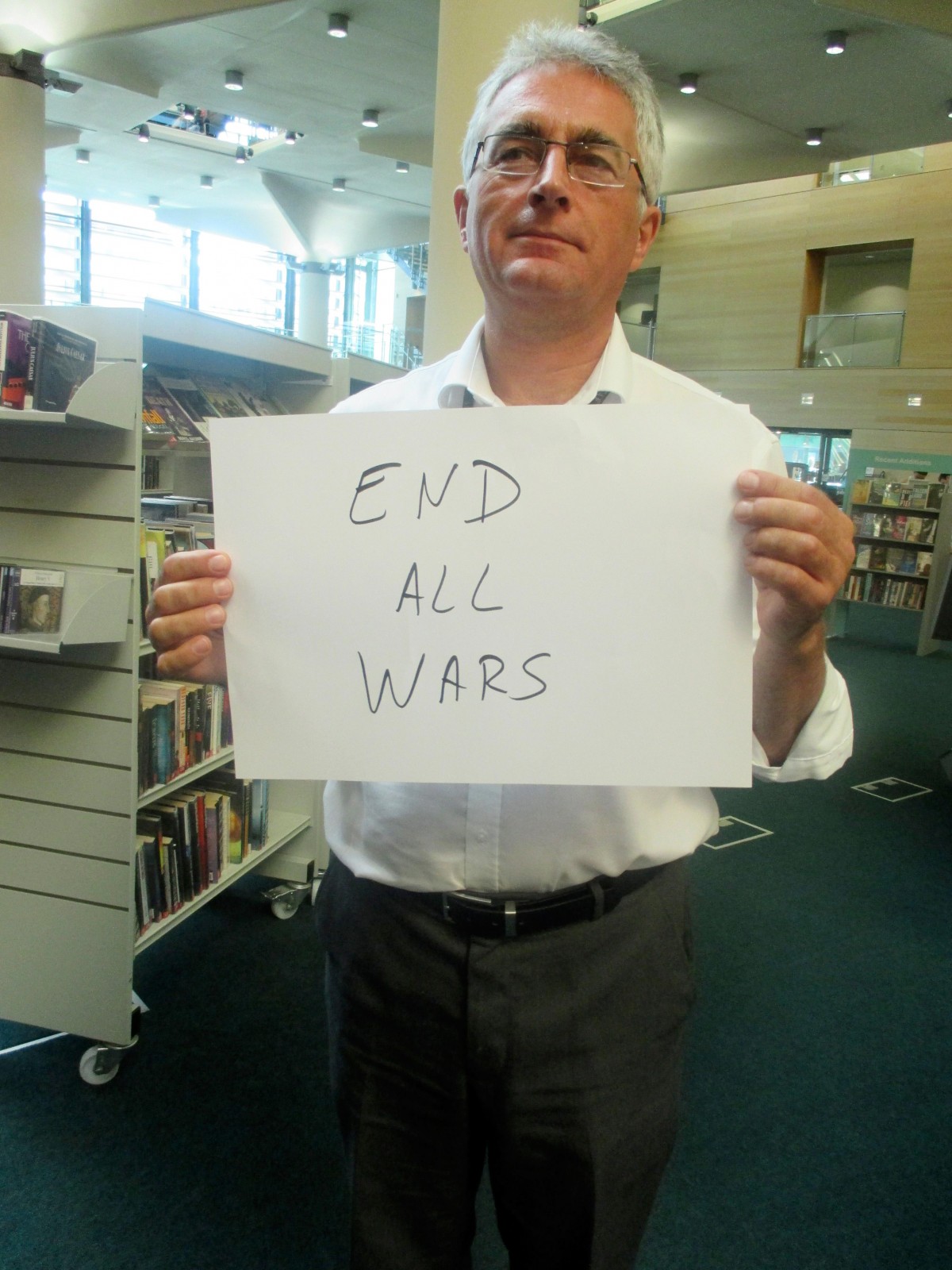Evolving in Conversation is an ongoing collaborative project responding to new and classic texts from the 'writes of passage' booklist and the question, 'How can individuals make society change?'
The booklist consists of iconic novels written by individuals that have inspired and provoked change through written language, taking that as a staring point the project responds to these texts using photography.
Five practicing photographers, along with 23 participants aged between 13-19 were invited to make a series of images responding interpretively to the theme. The photographers were commissioned to work on the project; simultaneously for young people new to the language of photography, workshops were conducted at Jubilee Library in Brighton, discussions were then held between the two groups.
The participants’ first shared act was to select a book from the list of 50 originally chosen by teenagers from around the globe for world book day. George Orwell’s, 1984, The Wasp Factory by Iain Banks and The Catcher in The Rye by J.D. Salinger were amongst the numerous titles from which to choose from. Both photographers and workshop participants found inspiration from excerpts, book covers, titles and societal themes such as inclusion, breaking down of stereotypes and equality. They approached the project in various ways. To illustrate this diversity, I have selected three images produced in response to the most popular book from the list, To Kill A Mockingbird, by Harper Lee.
Commissioned photographer Gina Lundy produced a series of portraits of ‘Young Advocates’. These portraits echo the original “young advocate” characters in the book: Scout, Jem and Dill. Gina’s series resonates with themes integral to the novel, such as standing up for justice and racial equality.
In contrast to these portraits, young participant Elli Rankin produced still lives. Elli, used the time allocated in the workshops to search for and photograph signs and symbols such as rusted padlocks, chains, grates and grills. These photographs presented in series become universal symbols, representative of oppression and confinement and evoke the plight of character Tom Robinson.
Reflecting its popularity, To Kill A Mockingbird was also used as a starting point for one of the workshops. Participants were given cameras and asked to approach visitors to the library, asking the question, ‘In what way would you change society?’
After writing their response on an A3 piece of card, the participants then made portraits of the library user, recording personal, local and global issues for posterity.
Evolving in Conversation did indeed evolve by way of conversations throughout the course of the workshops, through exchanges of both words and images. The conversation continues to develop as the next phase of the project begins; writers have now been invited to respond to the myriad images created during the summer.
The final image works produced for Evolving in Conversation will be placed and shown in their respective books at Jubilee Library during the Brighton Photo Biennial. Postcards will also be distributed throughout the loan services of all 14 Libraries that make up Brighton & Hove Library Services, creating a new dialogue with lenders of the library as well as those who may come across a postcard pinned to a work station or blue-tacked to a fridge door.
Both through the process of commissions, workshops and the exhibition itself, Evolving in Conversation encouraged participants and practicing photographers to respond to the written word and explore the relationships between visual language and the written word. Both languages can inspire us through a call for social change and encourage us to reflect on how individuals might actually make society change.



